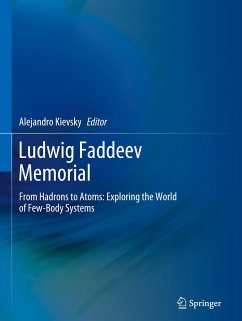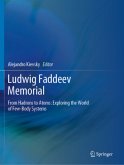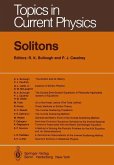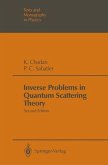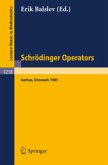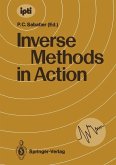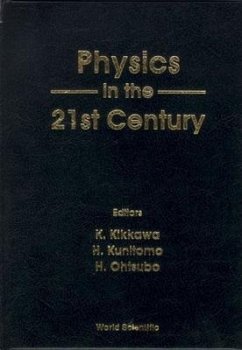This issue is dedicated to the memorial of professor Ludwig Faddeev, who strongly influenced the physics of few-body systems mainly due to his theoretical works in what at present days are called the Faddeev equations, largely used by the few-body community to describe the dynamics and structure of few-body systems.
This issue contains the two winners of the 2018 Faddeev Medal, which was created to recognize distinguished achievements in Few-Body Physics. It is awarded every three years to a scientist who advanced the field of few-body physics significantly. In 2018 an international panel selected the winners of the 2018 award: Prof. Vitaly Efimov and Prof. Rudolf Grimm.
The contents show the deep influence of Prof. Faddeev in different fields of physics. The solutions of the Faddeev equations represented a challenge for many years and at present times from their solution theoretical models can be tested with great detail to experimental data. This has boosted thestudied of few-nucleon systems and new methods have been developed as well.
Many contributions discuss different aspects of the few-nucleon problem from a theoretical and an experimental point of view. They represent the best of our knowledge at present times.
Spin-off from Journal Few-Body Systems, Volumes 60 (2019)
This issue contains the two winners of the 2018 Faddeev Medal, which was created to recognize distinguished achievements in Few-Body Physics. It is awarded every three years to a scientist who advanced the field of few-body physics significantly. In 2018 an international panel selected the winners of the 2018 award: Prof. Vitaly Efimov and Prof. Rudolf Grimm.
The contents show the deep influence of Prof. Faddeev in different fields of physics. The solutions of the Faddeev equations represented a challenge for many years and at present times from their solution theoretical models can be tested with great detail to experimental data. This has boosted thestudied of few-nucleon systems and new methods have been developed as well.
Many contributions discuss different aspects of the few-nucleon problem from a theoretical and an experimental point of view. They represent the best of our knowledge at present times.
Spin-off from Journal Few-Body Systems, Volumes 60 (2019)

